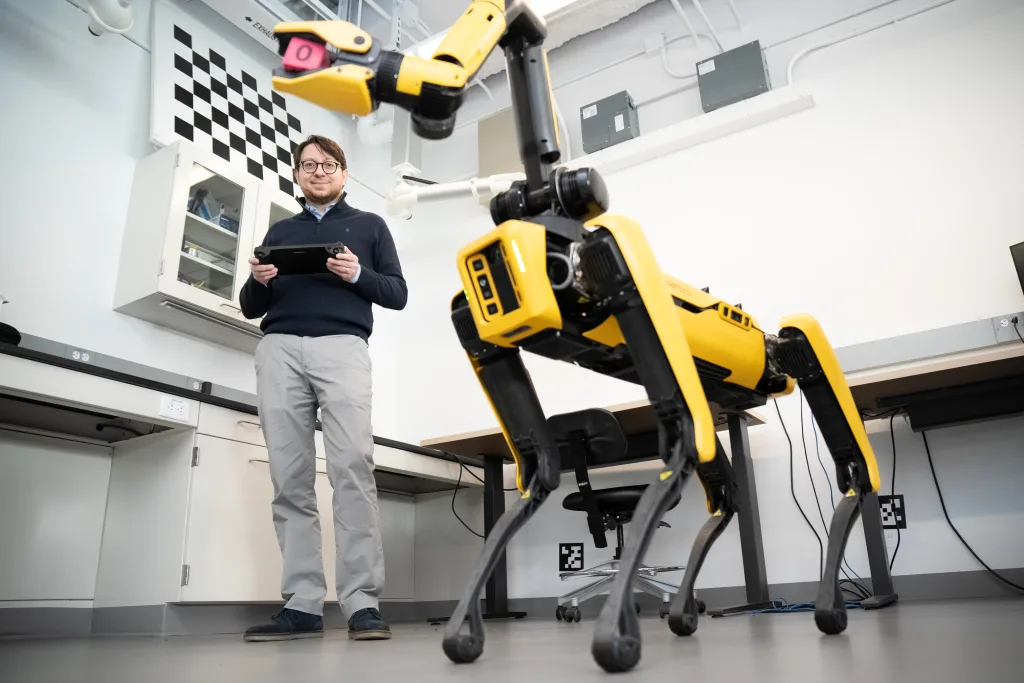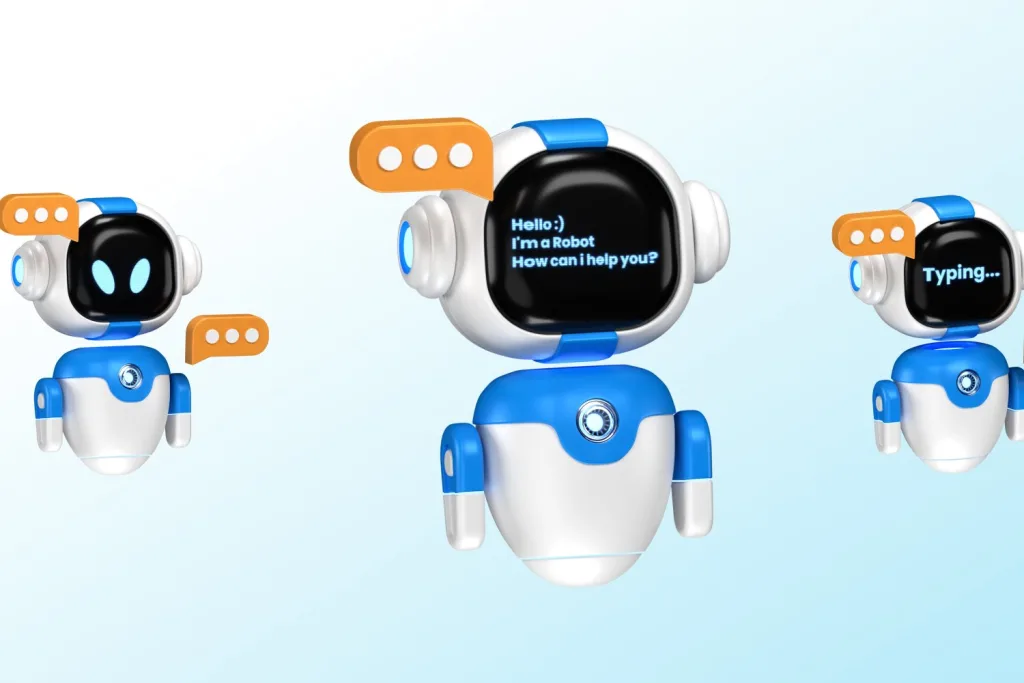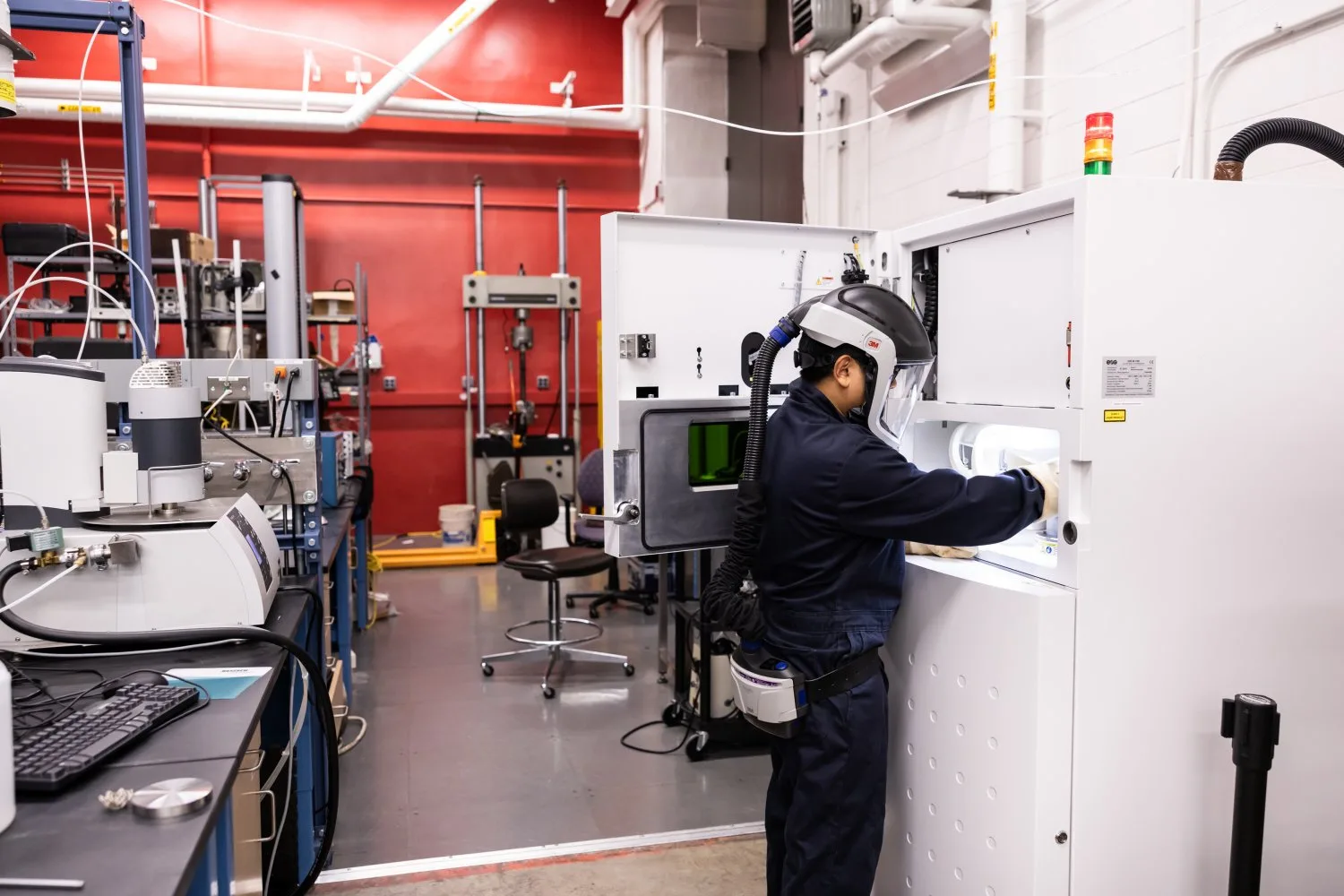The collaboration between Takeda Pharmaceutical Co. and the MIT School of Engineering kicked off in February 2020, just before the world faced an unprecedented pandemic. Back then, artificial intelligence (AI) was not as prominent in daily discussions. Fast forward to today, and AI has emerged as a revolutionary force in various sectors, particularly in healthcare and pharmaceuticals, reshaping how medications are developed and distributed.
This partnership has proven to be a landmark initiative for both MIT and Takeda, revolutionizing their methodologies. Initially aimed at tackling real-world challenges, the program has now culminated in a wealth of research papers, valuable insights, and even a patent for improving small-molecule medicine manufacturing processes.
Crucially, the collaboration laid the groundwork for an era where AI and machine learning are integral to healthcare, tapping into Takeda’s biopharmaceutical expertise and MIT researchers’ prowess in AI technologies. “The MIT-Takeda Program has been immensely impactful, showcasing the achievements that can arise from partnerships between academic and industry experts,” remarked Anantha Chandrakasan, MIT’s chief innovation and strategy officer. He emphasizes the positive ripple effects this collaboration has had on opportunities for MIT faculty and students, spanning fellowships, funding, and networking.
The uniqueness of this program stemmed from its focus on specific challenges in drug development that Takeda sought to overcome. MIT faculty were able to choose projects aligning with their expertise and interests, consequently exploring fresh terrains in healthcare innovation.
“The focus was on the most pressing issues that we were grappling with at Takeda,” noted Anne Heatherington, Takeda’s chief data and technology officer. With MIT situated just a few blocks away, Takeda took advantage of the opportunity to leverage the knowledge of world-class researchers.
Throughout the program, teams composed of MIT faculty and Takeda employees tackled diverse research questions in two rounds, addressing 22 projects related to drug discovery, clinical development, and pharmaceutical manufacturing. Over 80 MIT students and faculty collaborated with more than 125 Takeda staff, diving deep into solutions for these critical research topics.
The discoveries from this initiative have already influenced broader studies in the field. For instance, one research team found that AI-driven speech analysis could enable earlier detection of frontotemporal dementia and streamline the diagnostic process. Similar AI techniques are being explored to monitor disease progression in ALS patients.
Moreover, advancements in AI-driven models have demonstrated the ability to enhance the manufacturing processes of powdered small-molecule medicines by improving particle size and consistency, ultimately accelerating production times. Thanks to this research, collaborators are looking to patent this cutting-edge technology.
Additionally, for injectable medications, including vaccines, AI inspections have significantly reduced processing time and lower false rejection rates, indicating tangible improvements in efficiency for the pharmaceutical industry.
Heatherington added, “The insights we’ve gained are paving the way for embedding AI and generative AI into all our future endeavors.”
Throughout the program, over 150 Takeda researchers participated in specialized educational sessions organized by the Abdul Latif Jameel Clinic for Machine Learning in Health. Alongside providing invaluable research experiences, the program funded 10 students through the SuperUROP initiative and two cohorts within the DHIVE health-care innovation program, both part of the MIT Sandbox Innovation Fund.
While the formal program has concluded, multiple collaborative efforts—including the MIT-Takeda Fellows initiative—will persist. This program supports graduate students in groundbreaking AI-related health research and has already nurtured 44 fellows. Future collaborations between MIT and Takeda are expected to thrive as they work to develop a model for amplifying the impact of such pioneering partnerships.
Photo credit & article inspired by: Massachusetts Institute of Technology



